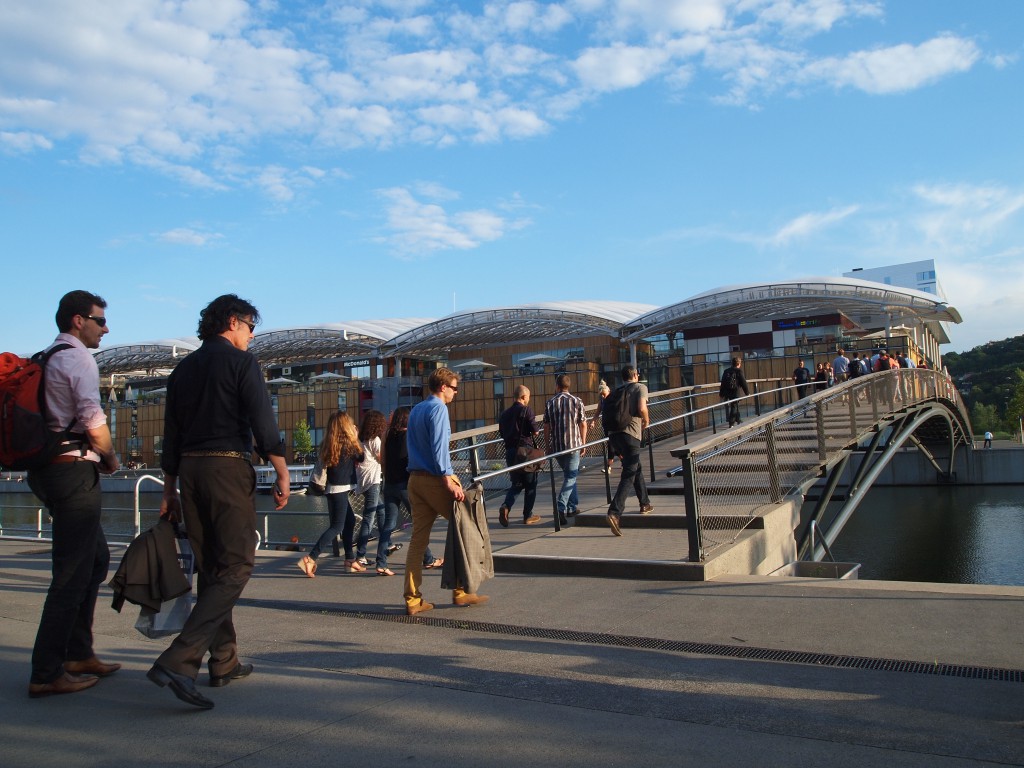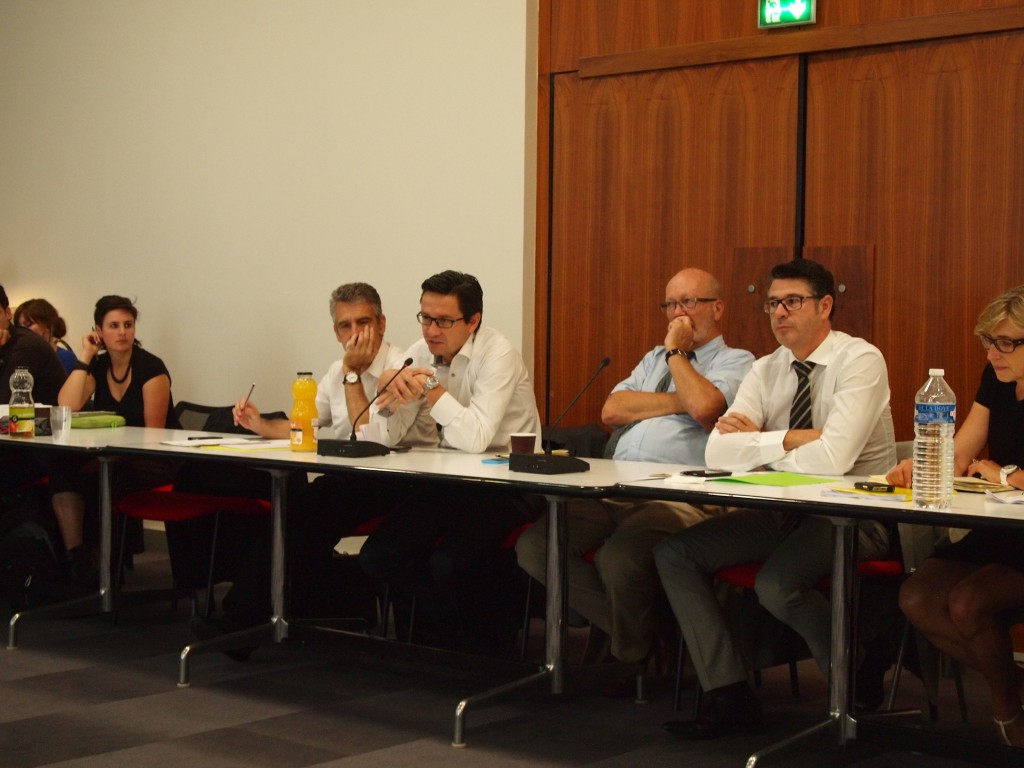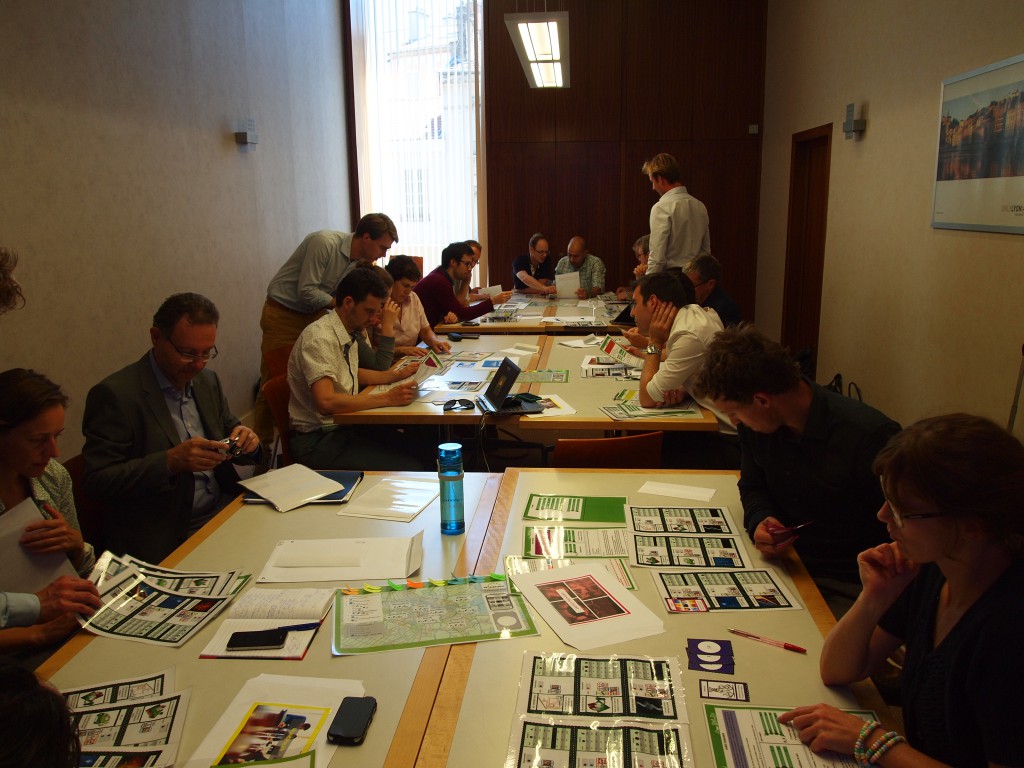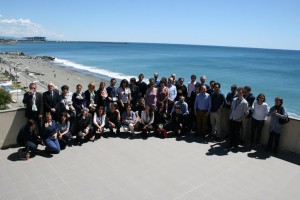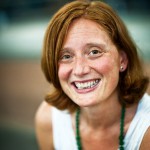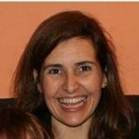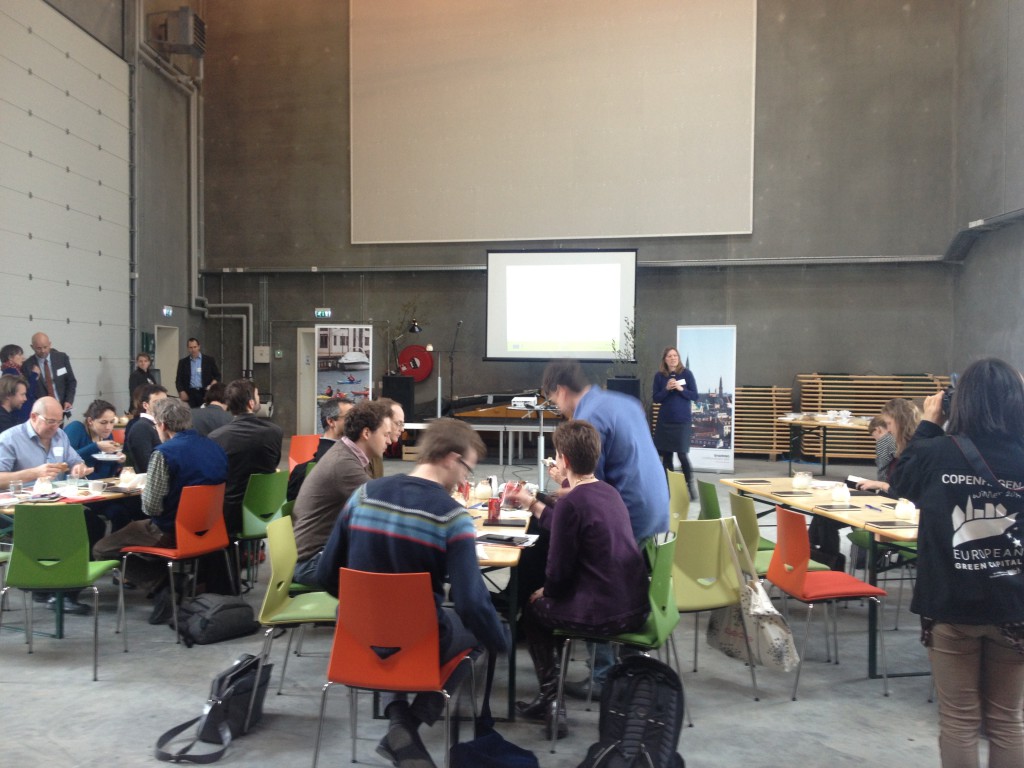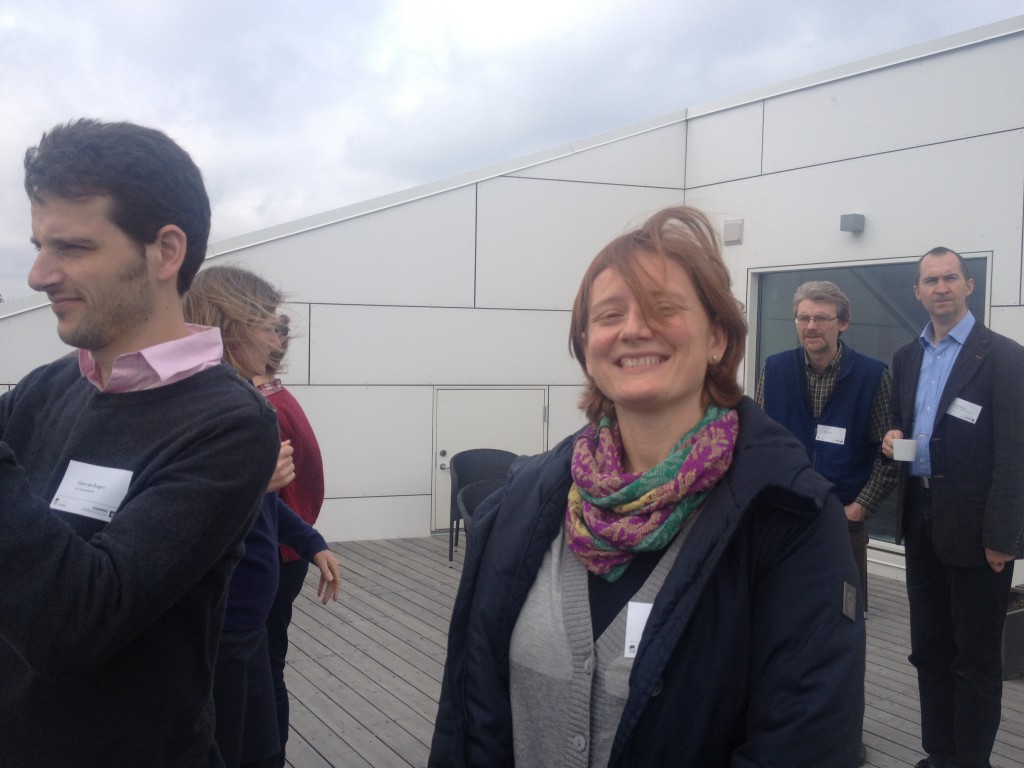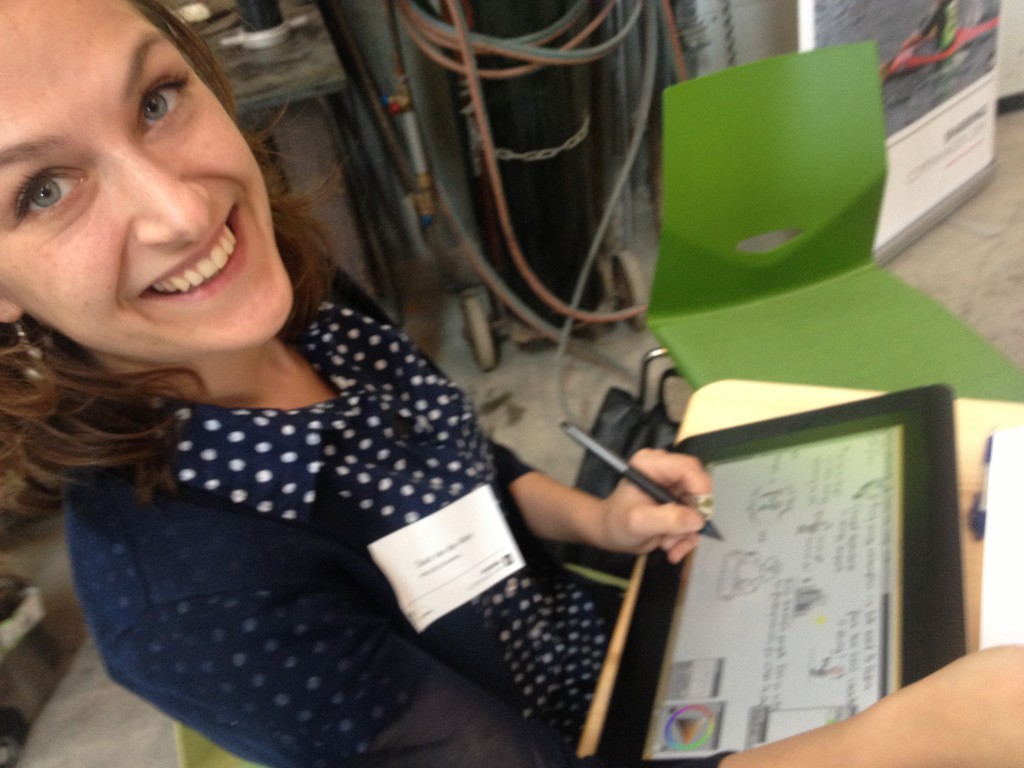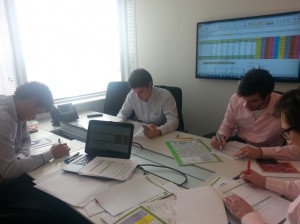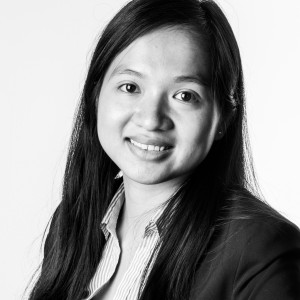State your idea and ask for data
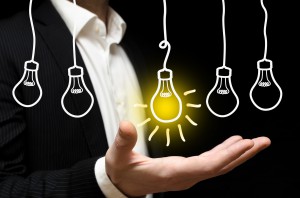
Who are you with respect to data? In everyday life you are more likely to be an app user rather than a data user. Having fun with your smart phone, tablet or laptop, finding out what to buy and where to go on the internet. In this situation you often do not know what data is used or where the data comes from. No big deal, you would say. You use the app, have fun with it or make better decisions by using (open) data. But are you aware of how the app builder decided what your question was? And is the app you are using really suited for your specific needs?
App builders rely on available data and try to figure out what they can do with that. Fact is that, with the currently available data, this is probably not sufficient to have your specific needs satisfied. Nor will it bring out the full potential of the mountain of ideas and data we are all sitting on as a community. The obvious apps are now built for a public of millions of people, all without asking someone “what are you exactly looking for”?
So will present and future apps cover all your needs? Presumably not. For the less obvious ideas or solutions, your knowledge and initiatives are crucial. The ideas that no one will think of at first. Or ideas that are just too sophisticated to be developed by someone, or even an organization, alone. Not to speak of stakeholders that are reluctant to cooperate.
That is the point where you come into the spotlight. You, with the specific knowledge of what is necessary in your daily life. You most probably know perfectly well what problems you want to be addressed. My point is: address them!
For example. Call or mail your Health Care insurance or Hospital and ask them to make a comparison between the queue time before treatment or number of people treated (including their customer experience) for several locations in your neighborhood. It probably brings you useful information on what to expect and where to go. However no hospital has brought out the idea yet. But the data is there! But if there is no good reason to use this data, no one will ever use it.
The same goes for organizations and government. Lots of knowledge, questions and ideas are latent and thereby invisible. No one mentions them in public or asks them at the right place. This results in unanswered questions and unsolved problems. These problems will only get solved, when you speak out and address the right organization or people. Be the one who lets others think: Why on earth did no one think of this before and asked for it?
To conclude my argument: spill your ideas. Point out your problem to your organization or interest group and ask for the data that could provide you the solution to your problem. Solutions mostly start with a question and when you are a group asking the question, organizations rarely hesitate. The answer will be available soon.
 Paul Juffermans
Paul Juffermans
Liander Open Data Initiative
www.liander.nl/opendata


